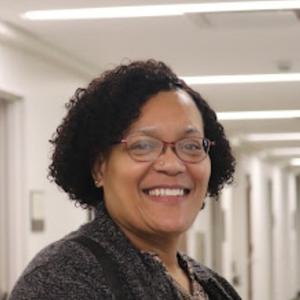
Four retired death-row prison officials — two wardens, a chaplain, and an execution supervisor — recently described the effect that carrying out executions has had on them.
Frank Thompson (pictured), who served as a warden in Oregon and Arkansas, said he believed in capital punishment until he thought “about those flaws in the back of my mind that I knew existed with capital punishment. It’s being administered against the poor; it lacks proof that it deters anything.” He trained his staff to carry out executions, but, “I realized that I was training decent men and women how to take the life of a human being. In the name of a public policy that after all these years couldn’t be shown to increase the net of public safety.”
Terry Collins spent over 32 years working in corrections, including time as the director of the Ohio Department of Rehabilitation and Correction. He said seeing exonerations gave him concerns about the death penalty: “[T]the system does make mistakes. I don’t think you can make a mistake when you’re talking about somebody’s life.”
Jerry Givens, who oversaw 62 executions in Virginia, raised similar concerns, “I knew the system was corrupted when we exonerated Earl Washington Jr. from death row…You have two types of people on death row. The guilty and the innocent. And when when you have the guilty and the innocent, you shouldn’t have death row.”
Rev. Carroll Pickett was a chaplain on Texas’s death row for 15 years and during 95 executions. He commented, “Standing by the gurney almost 100 times, and watching innocent men killed, watching repentant men killed, and seeing the pain among families and men and my employee friends, cannot leave my memories.”
Kim Bellware, This Is What It Feels Like To Spend Your Life Working On Death Row, Huffington Post, April 13, 2015.
See New Voices and Innocence.

